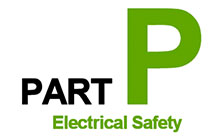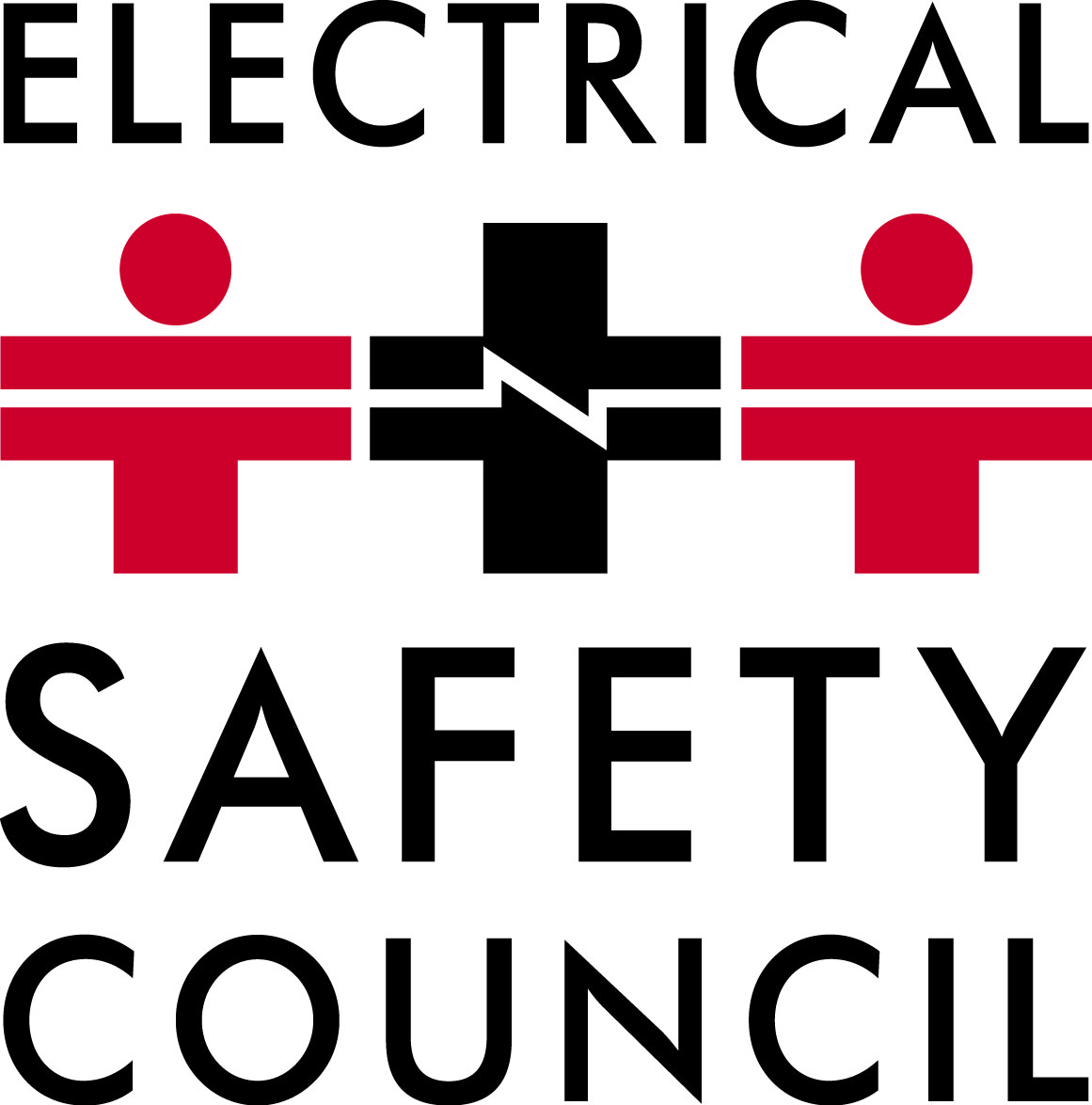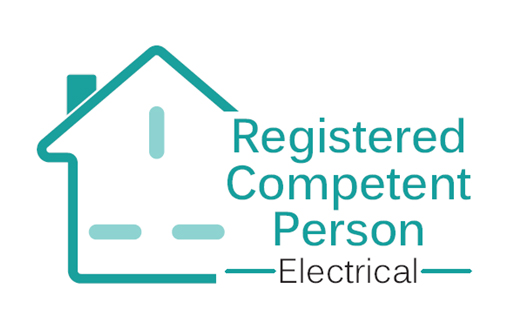ALL YOU NEED TO KNOW ABOUT ELECTRICAL INSPECTIONS
/Unless you’re an electrician, you’re unlikely to know the ins and outs of electrical inspections; what they entail, why you need them, and why you’re responsible.
But given that your duty of care as an employer, building owner or landlord requires you to ensure that all wiring and appliances are safe, it’s important to get clued up.
Periodic electrical inspections and regular appliance testing are two of the most effective ways to ensure that you abide by employment and/or landlord laws by stopping preventable accidents from happing due to neglect and poor maintenance.
1. How Often Should They Be Carried Out?
The frequency at which electrical inspections should be carried out depends greatly on the type of property or building in question (whether it’s residential or commercial) and who is actually in charge of the property – that is to say, whether it’s rented or owned.
Owner-occupied homes should be tested every ten years; rented homes should be tested every five years; caravans should have inspections ever three years; any swimming pools should be tested once a year. It’s also recommended that any necessary PAT testing (Portable Appliance Testing) should be carried out annually, though it is not a legal requirement to do so.
2. Whose Responsibility Is It To Ensure Testing?
Again, this is entirely dependent on the property in question. If you’re a landlord dealing with a rented property then you have a duty of care under the Landlords and Tenants Act 1985 to ensure that any electrical wiring and installations are safe, and are also maintained for the duration of their tenancy.
3. Is Electrical Testing A Legal Requirement?
Yes and no. Strictly speaking, simply not having appliances tested or inspected is not against any laws but as an employer, landlord or building owner you do have a responsibility to ensure that all electrical appliances and wiring are safe. If a preventable accident does occur, you will have broken the law by not ensuring safety – it is, after all, your duty of care.
The best way to avoid this is to schedule in regular PAT testing and periodic thorough electrical inspections – not only will it help to identify any potential faults which could cost money, it also guarantees safety, helping you comply with all landlord and building owner laws. In essence, periodic testing is the best way to comply with the laws that say you must make all electrical appliances and wiring safe.
Regardless of what kind of inspection or testing you need carrying out, whether it’s a small amount of testing in rented properties or HMO, or a large-scale inspection for your business, then we can help. Thanks to our following of IEE Wiring Regulations (BS 7671:2015), you can rely on our electrical inspections at NestElectrics.
With our years of experience and broad expertise, we’re able to provide accurate and reliable inspections and electrical testing so you can be sure that the wiring and electrics in your premises are safe and working properly. For more information, call us now on 07958 236701 or get in touch using our website’s online contact form.











